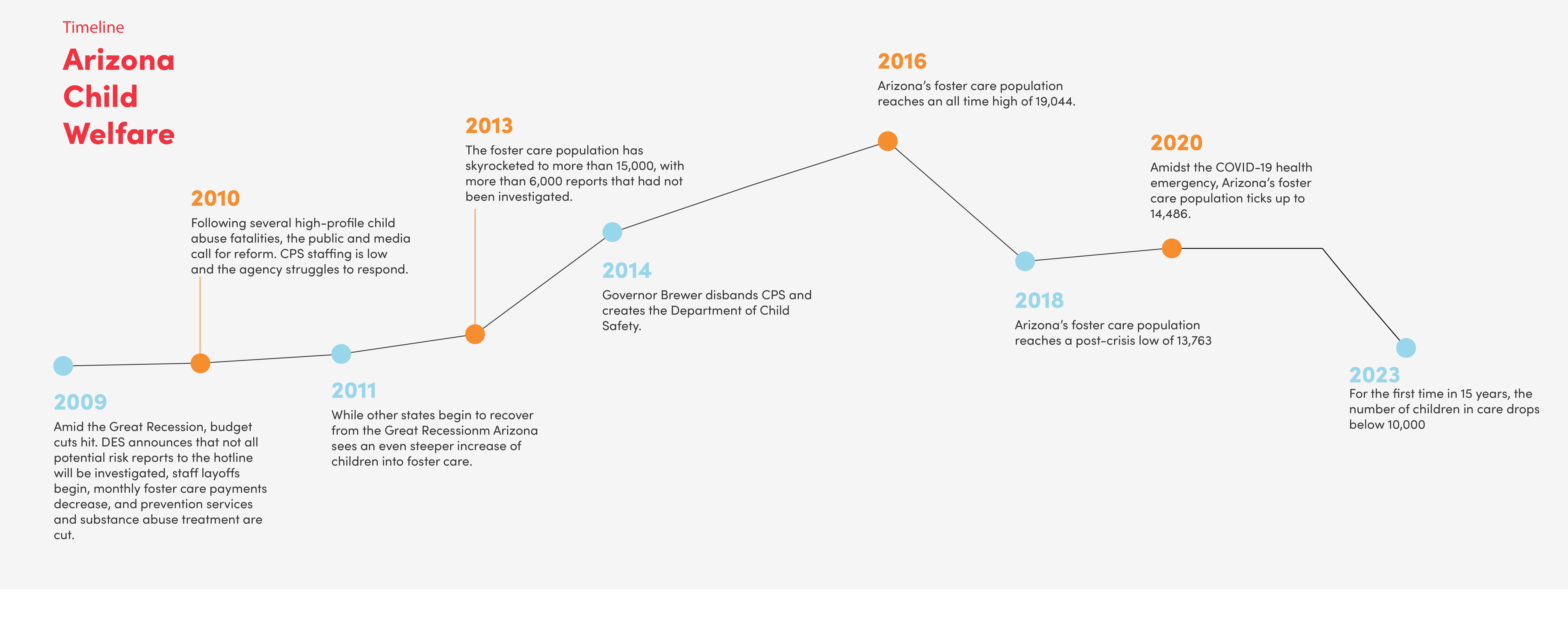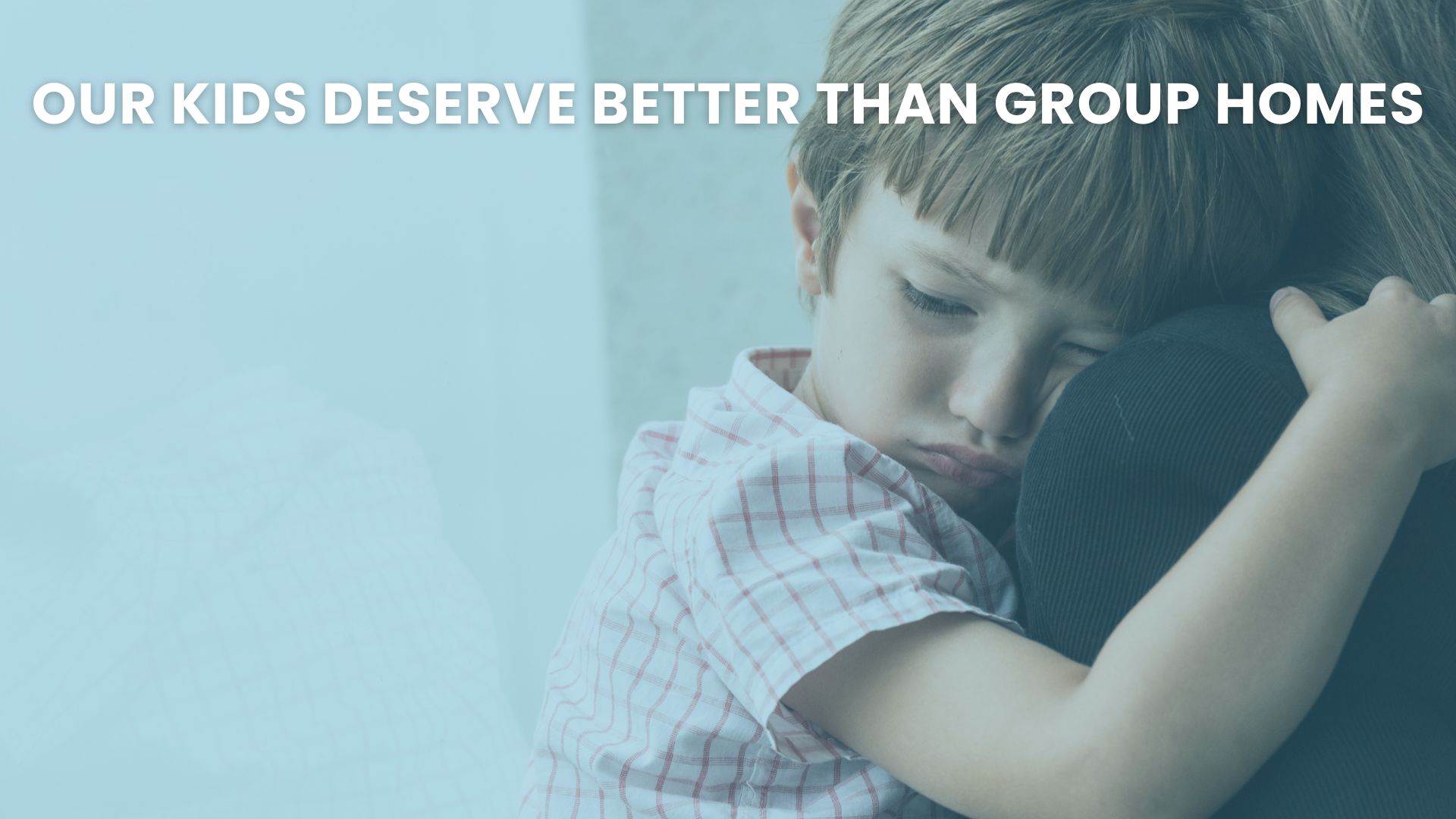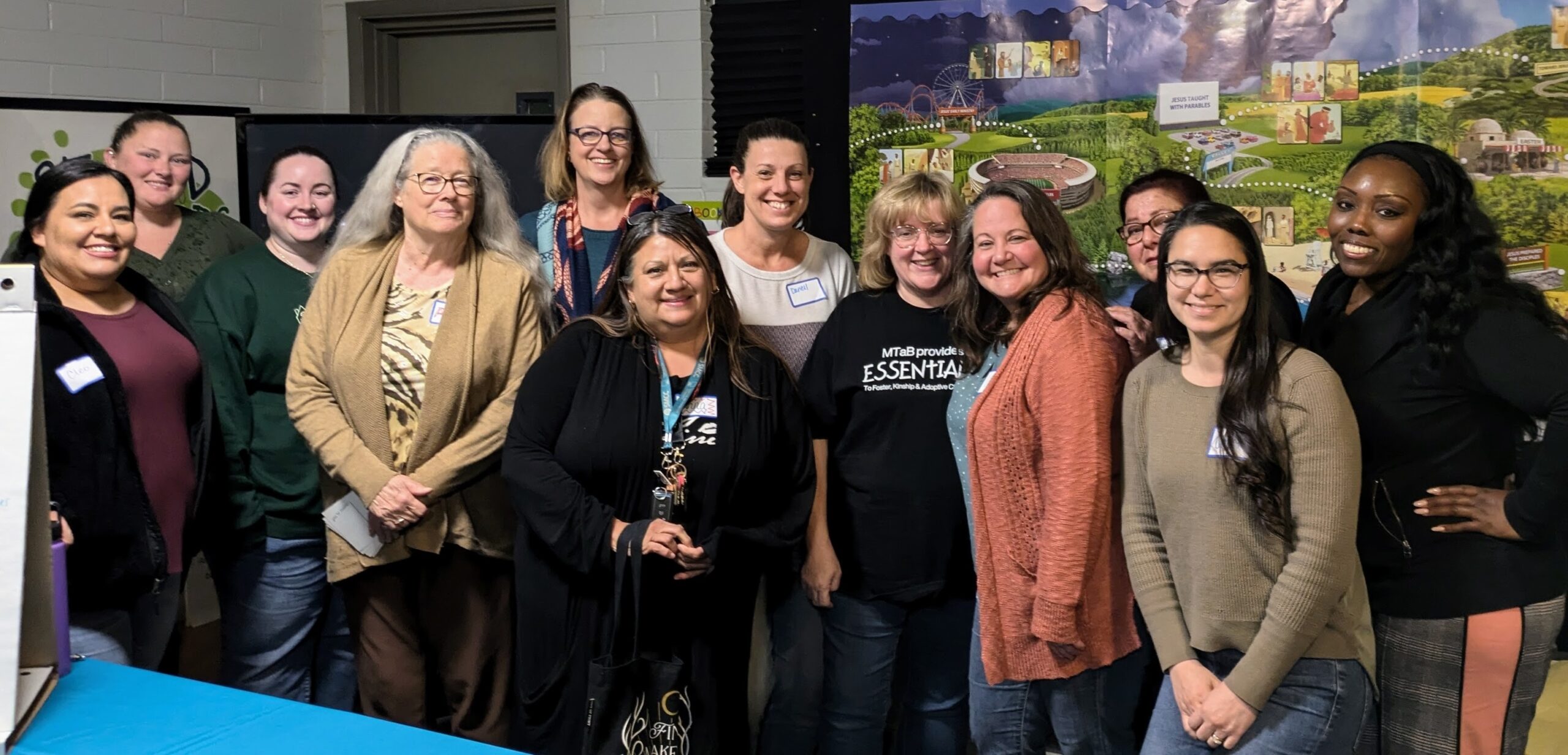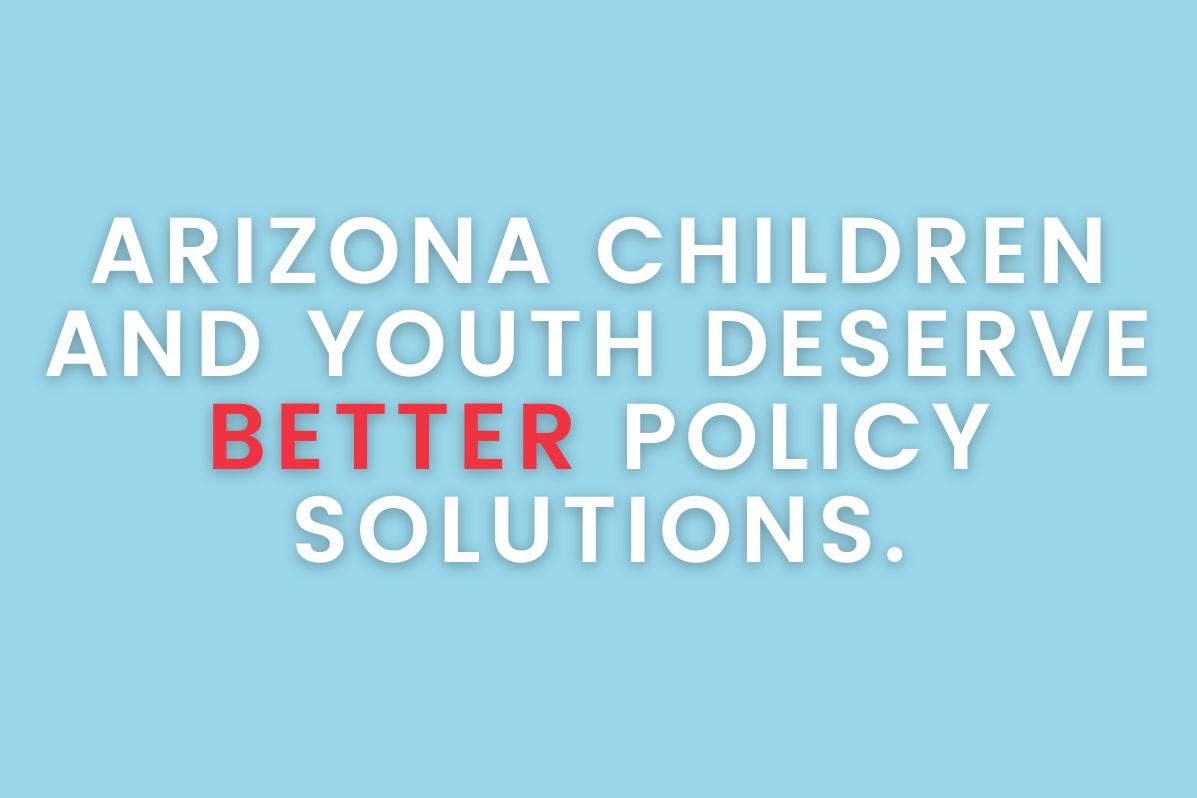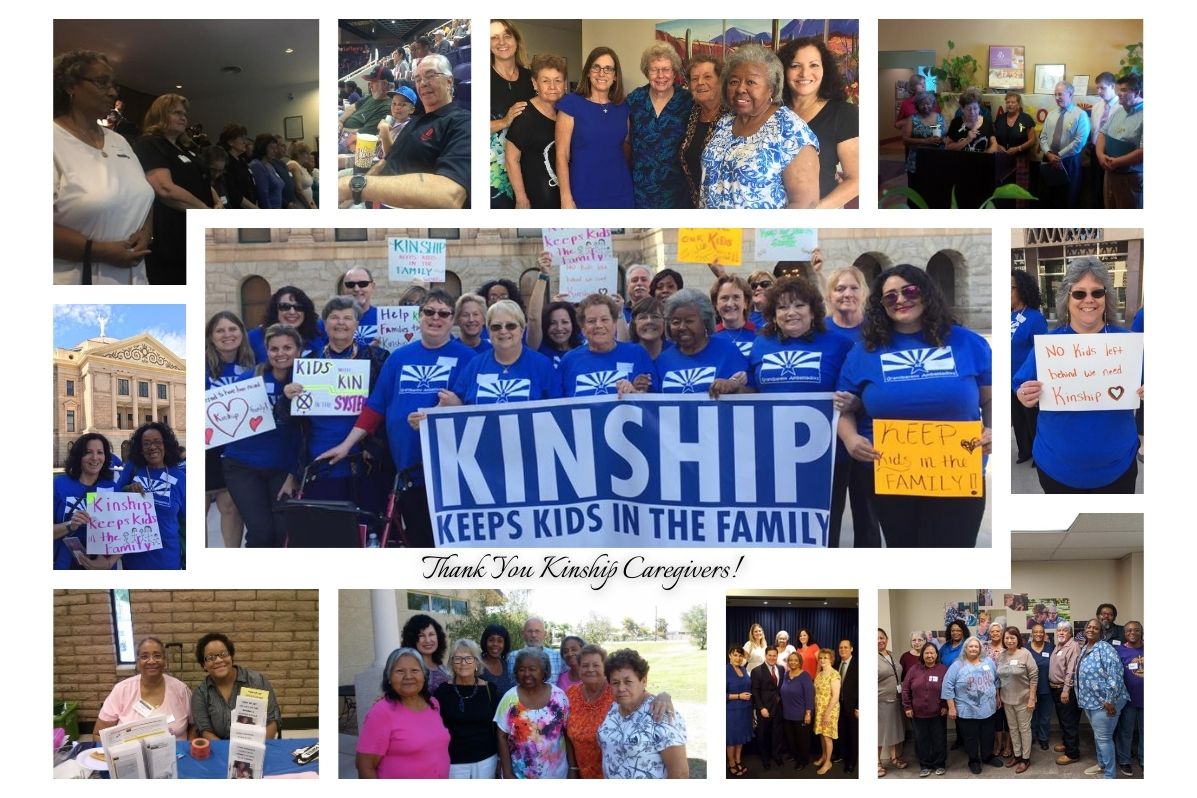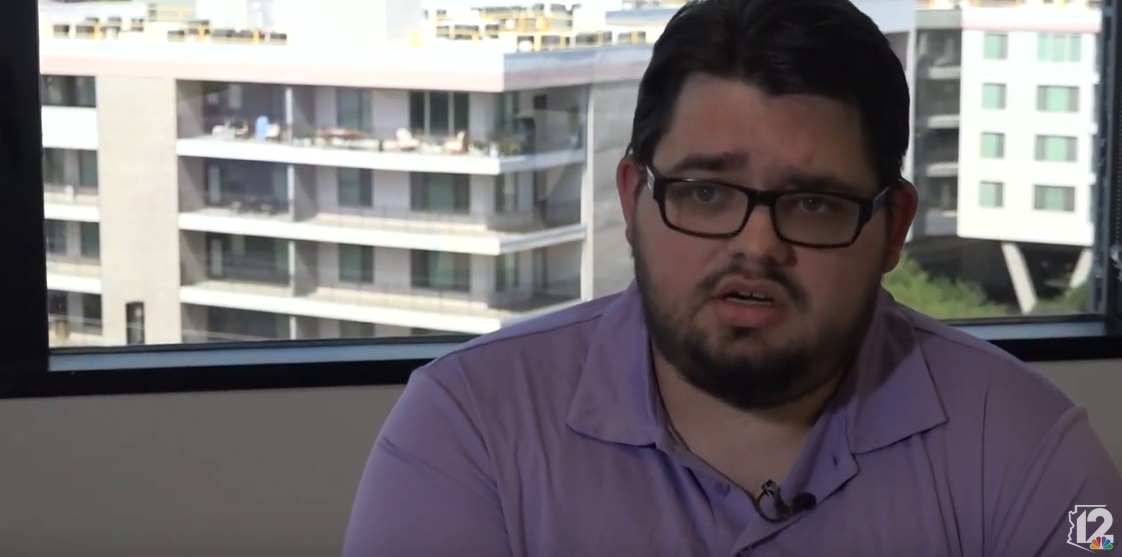We promote policies that support communities and families and prevent children from entering a child welfare system—including the juvenile justice system. When system-involvement is necessary, we aim to ensure that resources are available within communities so that families and children can get the help they need where they live and avoid unnecessary separation through foster care or juvenile justice involvement.
Through policy and advocacy, we strive to ensure that the child welfare and juvenile justice systems are informed by data, utilize best practices, provide culturally relevant services, and confront inequity. Many of our efforts are directed toward families and youth who most often experience the poorest outcomes, including people of color, older youth, expectant and parenting youth, and LGBTQ+ young people. We work to advance policies that allow all children impacted by system involvement to heal, grow, and succeed.


